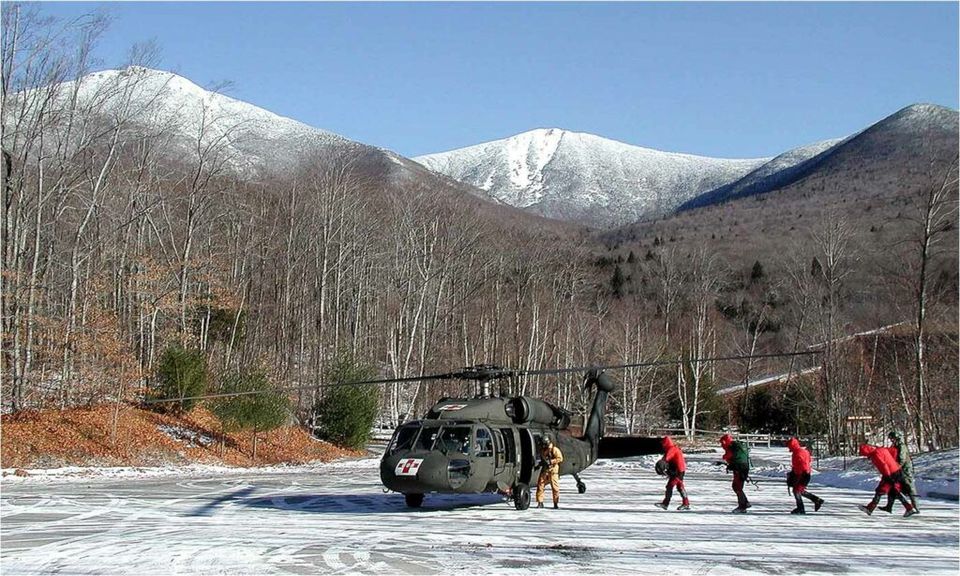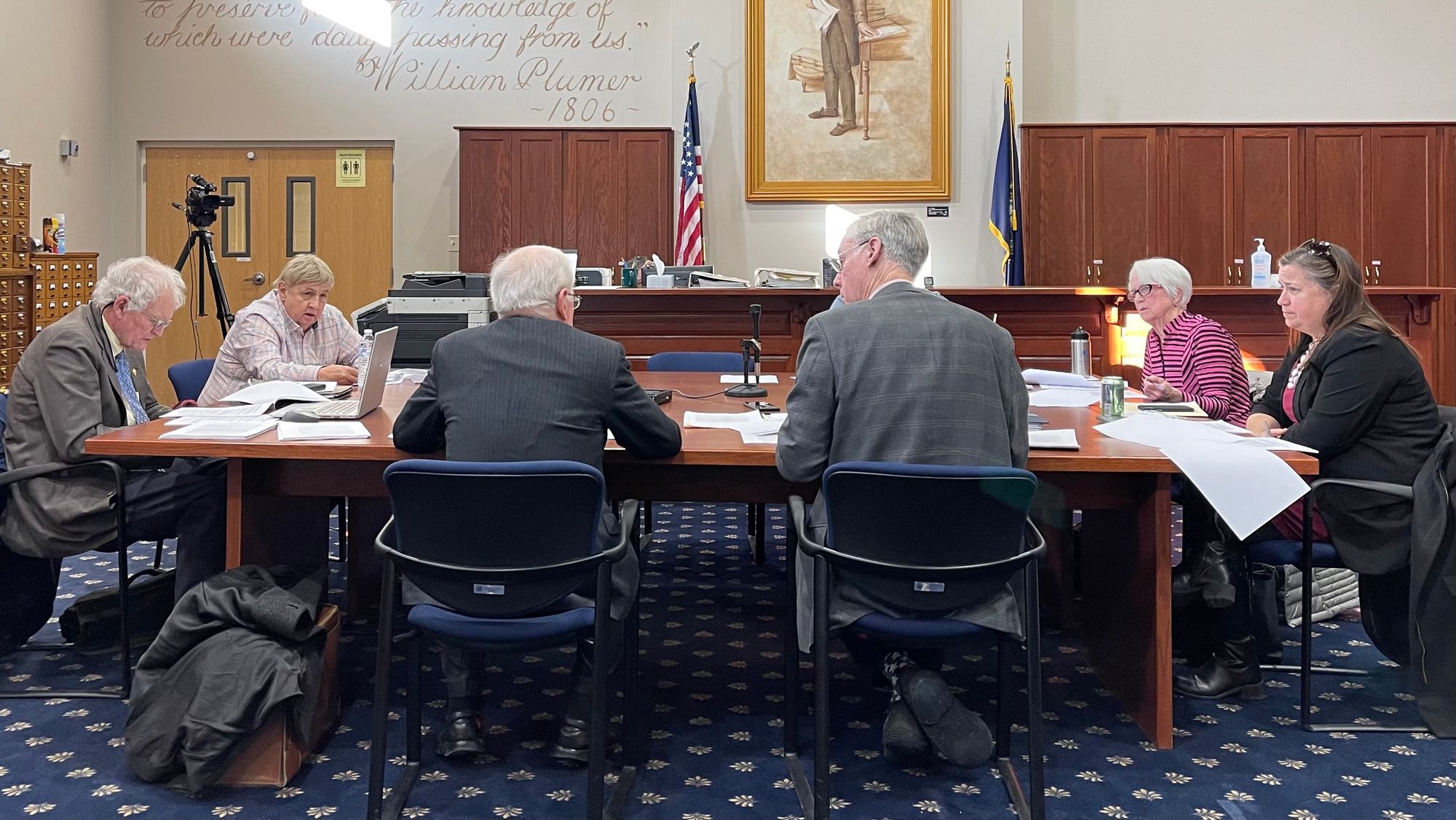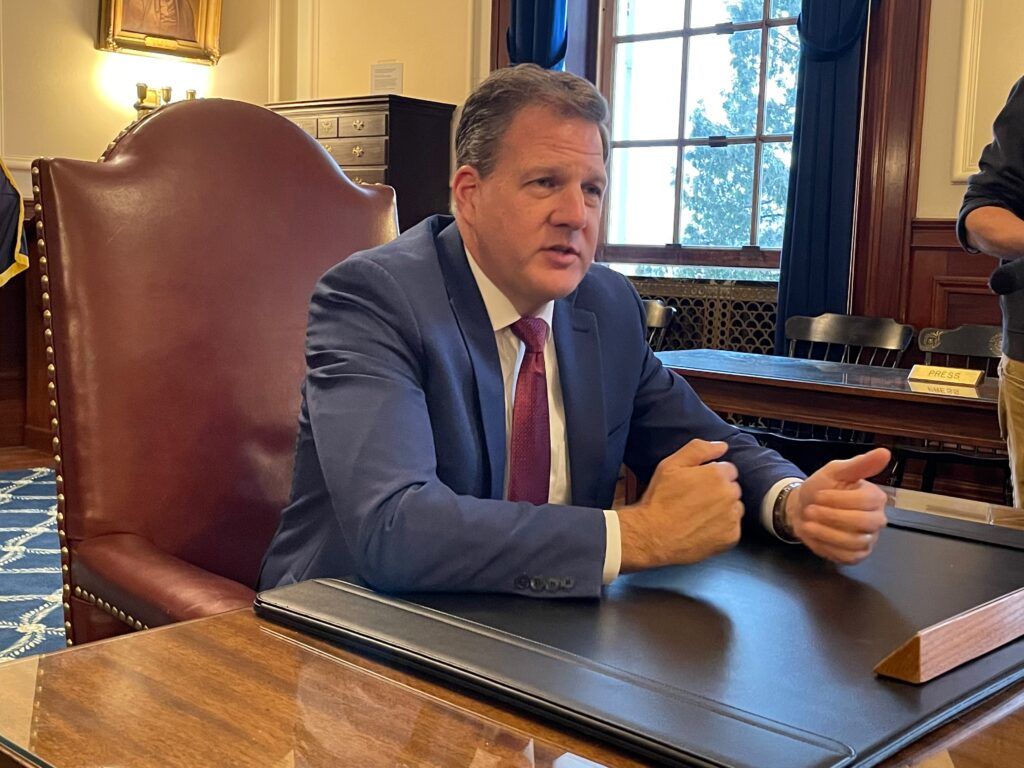Cost of New Hampshire search and rescue missions continues to rise

A four-day search for a 19-year-old woman ultimately found dead in Franconia Notch State Park. A 53-year-old man who fell to his death on Mount Willard.
While these deaths have received a lot of attention from the media and the public, fatalities tracked by Search and Rescue this year have not outpaced prior years, according to Fish and Game Col. Kevin Jordan, who heads the department’s law enforcement arm.
In the past five years, outdoor recreation fatalities have ranged from as few as 18 in 2018 to as many as 24 in 2021. Jordan estimated that this year there will be around 20 fatalities. The number of drownings has also remained consistent, he said, with about a dozen occurring per year.

But the cost of responding to calls for help has steadily increased over the years, reflected in Search and Rescue’s growing budget, which went from $189,841 in 2013 to $315,588 in 2020. In 2022, the department reported spending $545,453 in an accounting summary submitted in the state for its budgetary planning. It requested $418,338 for fiscal year 2024 and $434,985 for 2025.
Search and Rescue crews respond to off-road emergencies when people get injured or lost.
Jordan said a combination of more people spending time outdoors and improved technology is driving the increase in rescue calls. “Whenever (cell phone) coverage improves, my calls for service go up,” he said. The department receives an average of 180 calls for help per year. “I think technology has made people a little more careless. The thought process is, ‘I don’t need a lot of safety equipment because I’ve got my cell phone.’ ”
I think technology has made people a little more careless.
The department typically outspends the Search and Rescue budget, Jordan said. Hunting and fishing fees are used to make up the difference. Jordan believes it should be paid for through general funds. “We’re doing work that a taxpayer would be expected to pay for,” he said.

One factor that determines the cost of a rescue is how long the search lasts. A two-hour search could cost between $500 and $600, while a five-day search could be as much as $150,000, according to Jordan. Using a helicopter – as was the case in the search for Emily Sotelo, the 19-year-old woman who recently died in Franconia Notch State Park – can add $80,000 to the bill.
Hike Safe Cards, which exempt cardholders from rescue charges, have also helped cover some of the cost of these missions. In 2015, the state started selling the cards, which cost $25 for an individual and $35 for a family. In 2022, the department reported $212,630 in revenue from the card.
Rescue charges are billed to the individual only if the department deems their behavior extremely negligent – but getting them to pay can be a challenge.
“People don’t have that kind of money,” Jordan said.

This year, Sen. David Watters is introducing a bill that would add additional consequences for people with an outstanding Search and Rescue bill. They could be blocked from getting a driver’s license or renewing an existing license. That would be in addition to a state law allowing Fish and Game to ask the Division of Motor Vehicles to suspend the driver’s license of someone with an outstanding debt.
The bill comes as the ACLU is opposing this tactic when applied to other kinds of debt, such as debts incurred from the court.
Frank Knaack, policy director at ACLU New Hampshire, said suspending a driver’s license as a punishment for unpaid court debt creates a two-tiered justice system for the haves and the have-nots. Someone with wealth can afford to pay and keep their license, while poor people end up losing the ability to drive legally in a rural state with limited public transportation, often jeopardizing their ability to work.
This story was produced by the editorially independent New Hampshire Bulletin, which is part of States Newsroom. Contact Editor Dana Wormald for questions: info@newhampshirebulletin.com.
